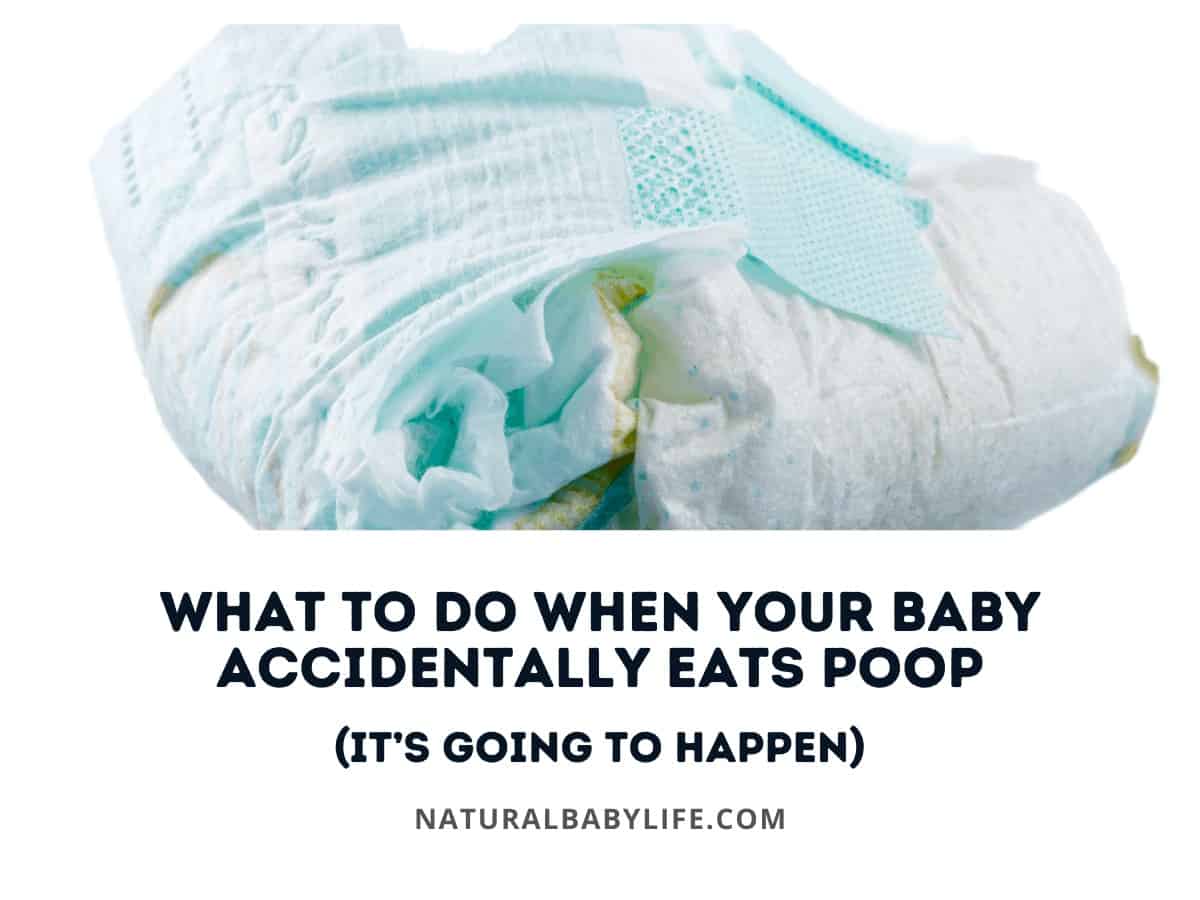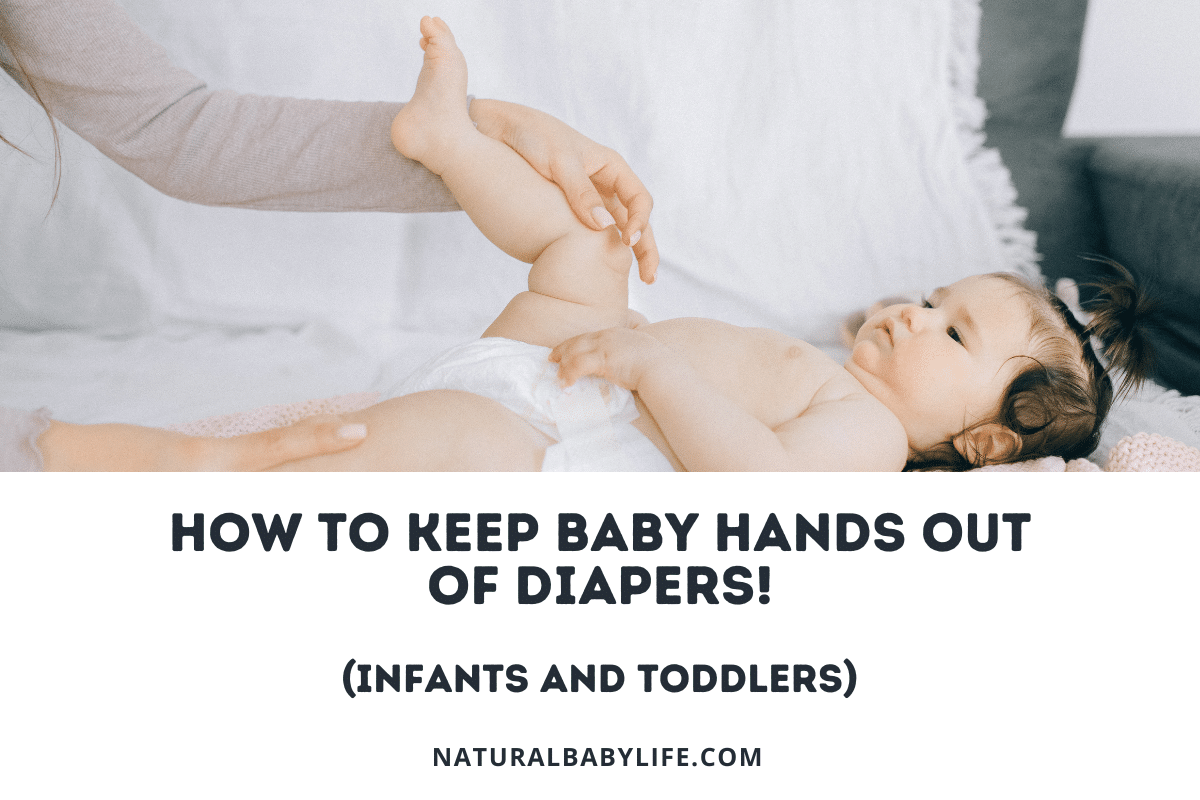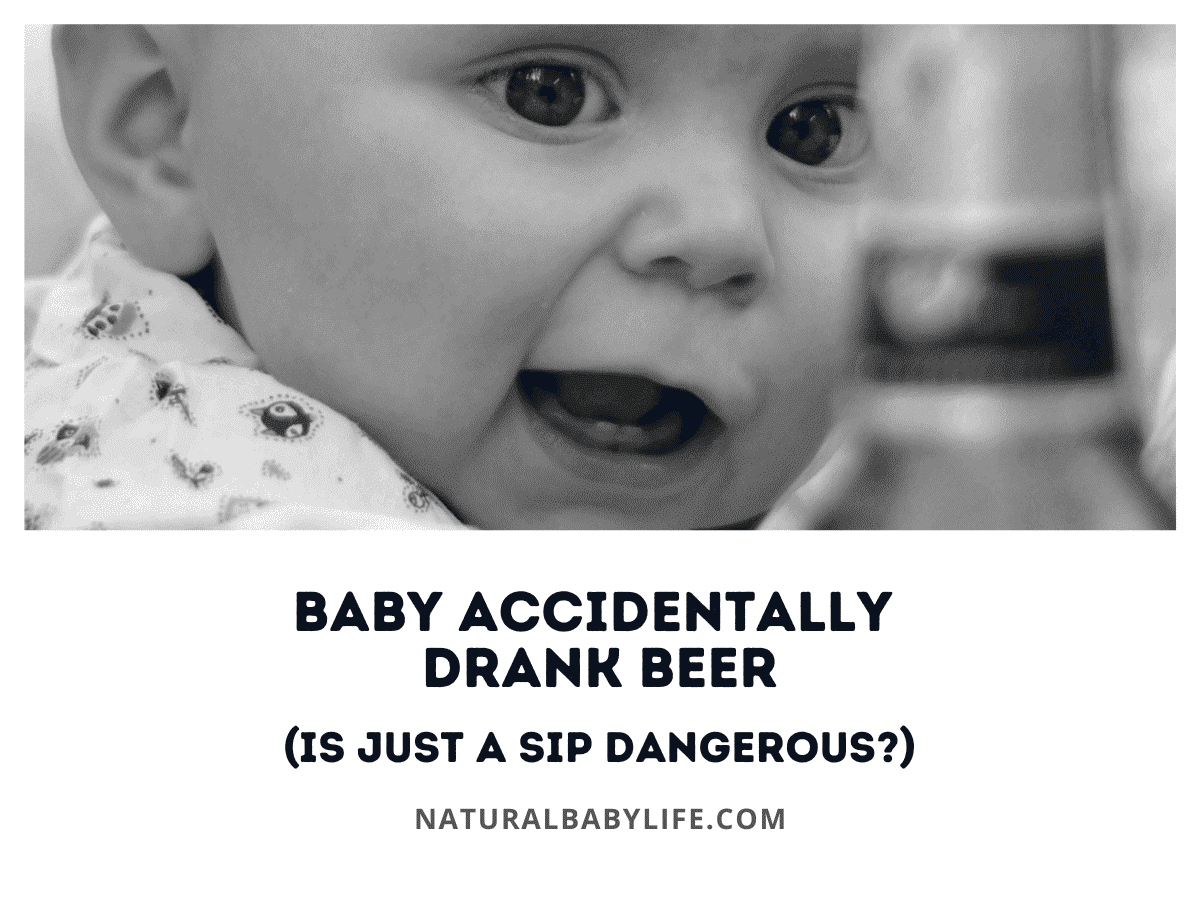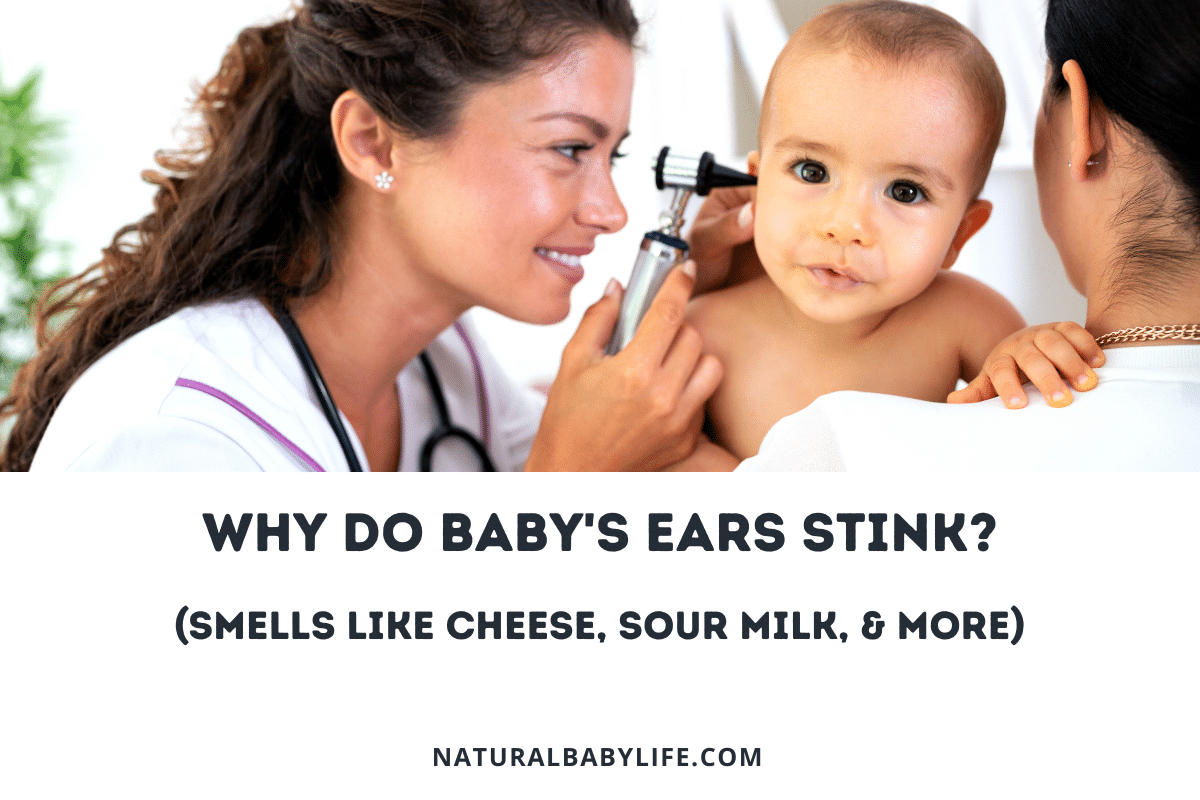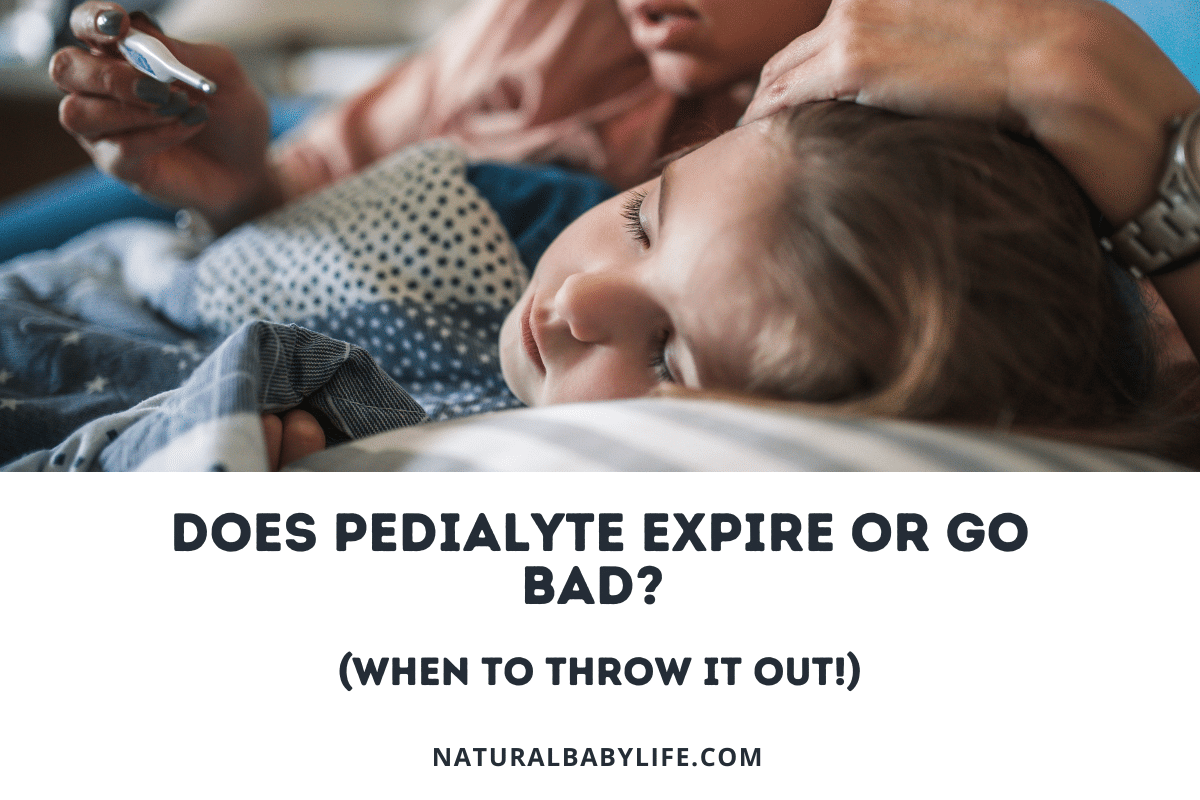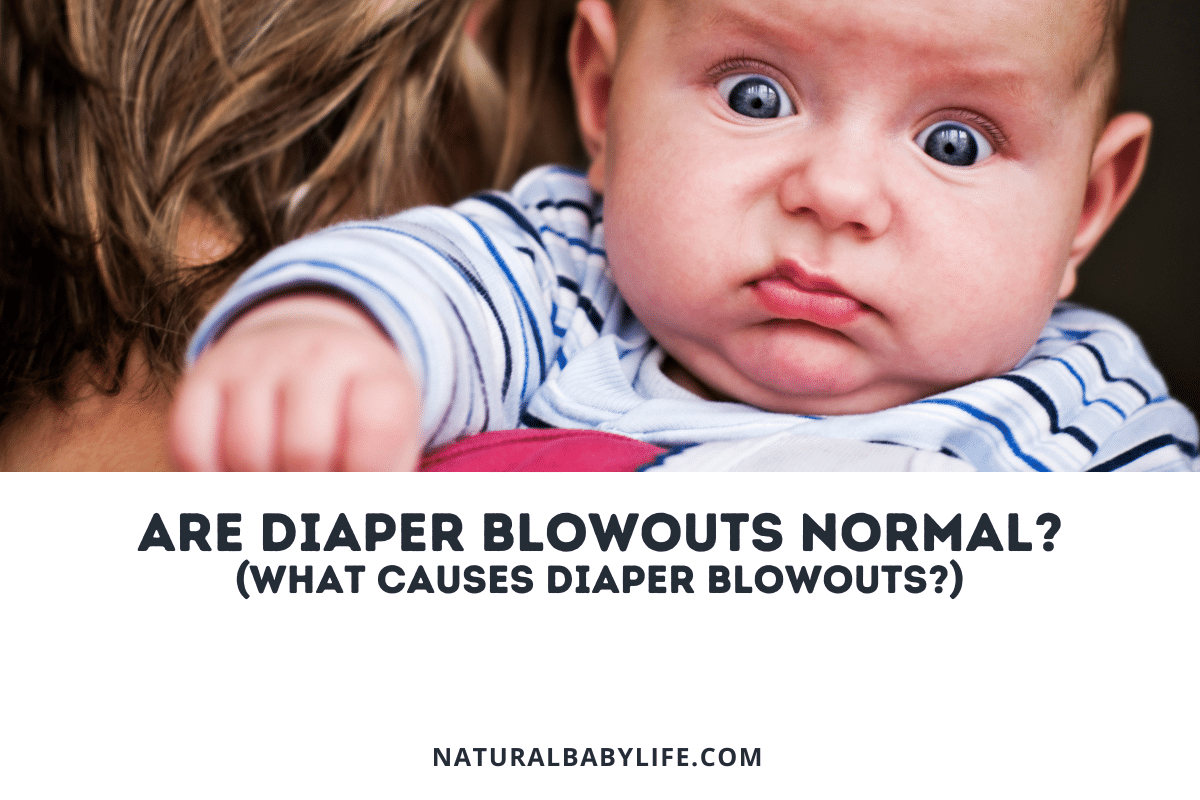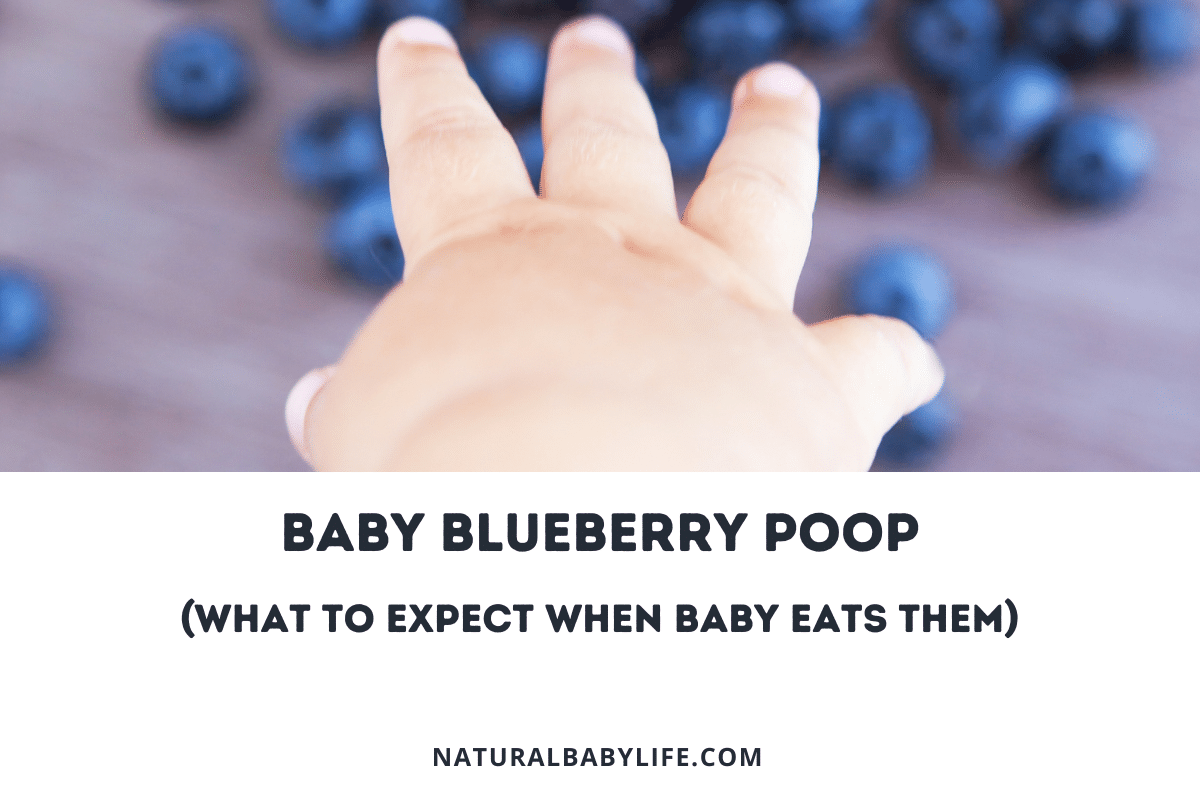Babies explore the world using their mouths: they suck on, lick, and swallow anything and everything they can get their little hands on. While some taste experiments make sense to us parents (like when a baby lunges for an unattended bowl of ice cream), sometimes your little one will put something truly nasty – like poop – in their mouth.
Even though the thought of your child eating poop is enough to make you gag, if a baby accidentally ate a small amount of poop, they will rarely show symptoms. If they do show symptoms, they’re usually only light nausea, diarrhea, or a fever. In rare cases, feces from certain animals infected with bacteria can cause severe illness or expose your child to parasites.
Keep reading to learn what to do if your child does become ill after eating poop and when you should seek medical help.
Table of Contents
Can babies get sick from eating their poop?
It’s every parent’s worst nightmare: your child comes up to you with a big smile on their face and a suspicious smear of brown all over their hands and cheeks. After a quick smell test, you realize your child did get into something unspeakable. What do you do?
If you realize your baby ate poop, you don’t need to panic.
Although fecal matter is nasty, it’s typically non-toxic, and consuming it is low risk in most cases. If your child does manage to swallow poop, they probably won’t get sick and luckily since poop tastes so nasty, children usually only consume a small amount of it. Even if there are harmful bacteria in the fecal matter, your baby probably hasn’t had enough to cause any illnesses.
In rare cases, your child might show symptoms similar to food poisoning after eating poop. Nausea, vomiting, diarrhea, and low-grade fevers might manifest in your little one for 1-2 days but should go away on their own.
To help reduce the severity of any symptoms, make sure you give your baby plenty of water to drink. The extra liquid will help keep them hydrated if they do experience vomiting or diarrhea, and can also break up the concentration of any harmful bacteria that might have been in the poop.
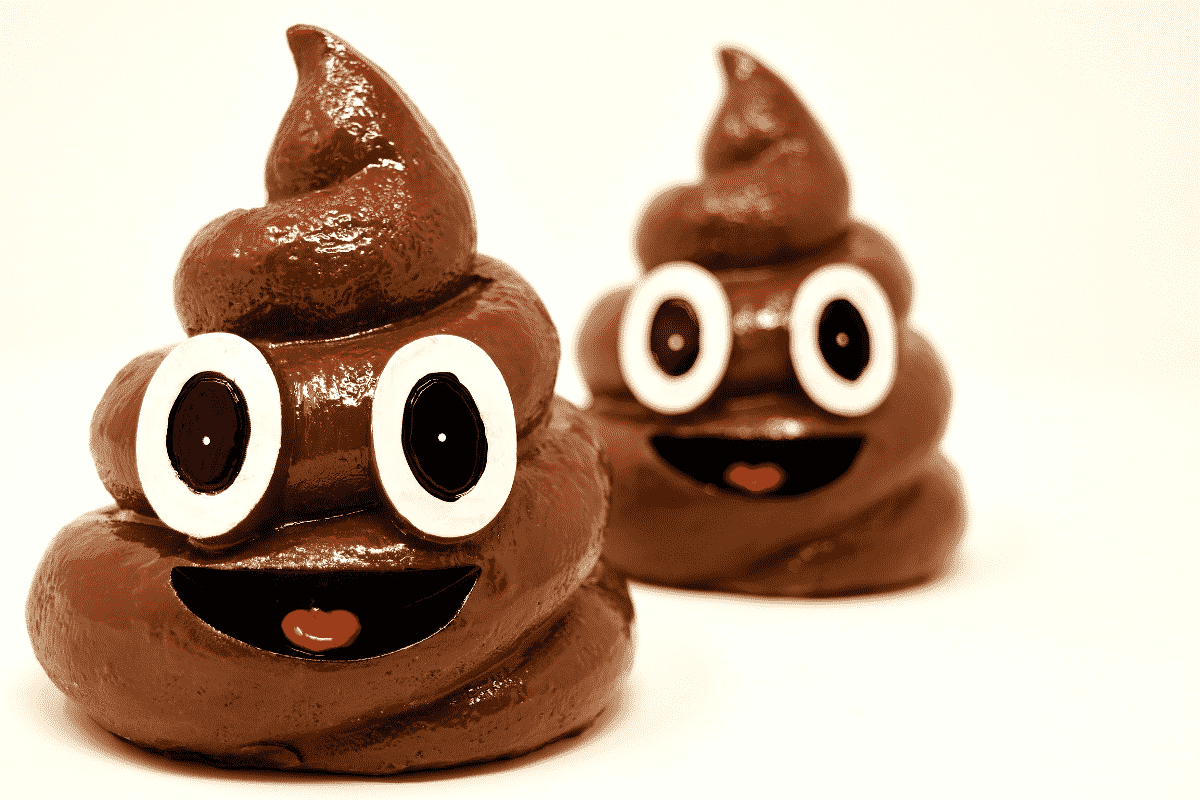
Is eating poop dangerous?
While most cases of poop consumption are deemed nontoxic or minimally toxic (meaning they didn’t cause illness), eating poop can still be dangerous.
The danger of fecal matter lies in the fundamental nature of poop – what it is, why we do it, and what it does for our bodies.
Even though we don’t like to talk about it, excrement is everywhere. Every living thing poops in some form or another; even bacteria produces waste! Living things need a way to get rid of the waste produced through the energy-consumption process. Human and animal poop is composed primarily of the remnants of digested food solids. Our bodies absorb the nutrients we need from food, and everything our bodies can’t use is discarded in the form of fecal matter.
Although half-digested food isn’t inherently dangerous, our poop picks up some extra stuff as it travels through our digestive tracts. Fecal matter is chock full of bacteria, viruses, and other microbes. In one study, nearly 50% of the bacteria found in poop was still alive (yuck!).
While all that bacteria isn’t harmful to our digestive system, it can be dangerous if ingested by mouth. Bacteria and viruses cause disease, which is why you’re encouraged to wash your hands after using the bathroom. Any residual bacteria from your trip to the toilet can make you sick. Bacteria such as E. Coli, Hepatitis, Salmonella, and more, can all be found in poop.
While the odds are low that your child will get sick after eating a small amount of poop, eating fecal matter can still be dangerous.
Baby accidentally ate her own poop
The thought of your baby eating their own poop is understandably disgusting. Luckily, your baby’s poop is one of the ‘cleanest’ (I say that very loosely) types of fecal matter they could consume.
If your baby isn’t actively sick, then their poop won’t contain any nasty bacteria or viruses that could make her sick. Unlike animal poop, your baby probably doesn’t have any parasites lurking in her diaper.
If your baby has sampled her own poop, give her a drink of water to help rinse out her mouth. I would also recommend a bath since your little one may have gotten poop other places as well.
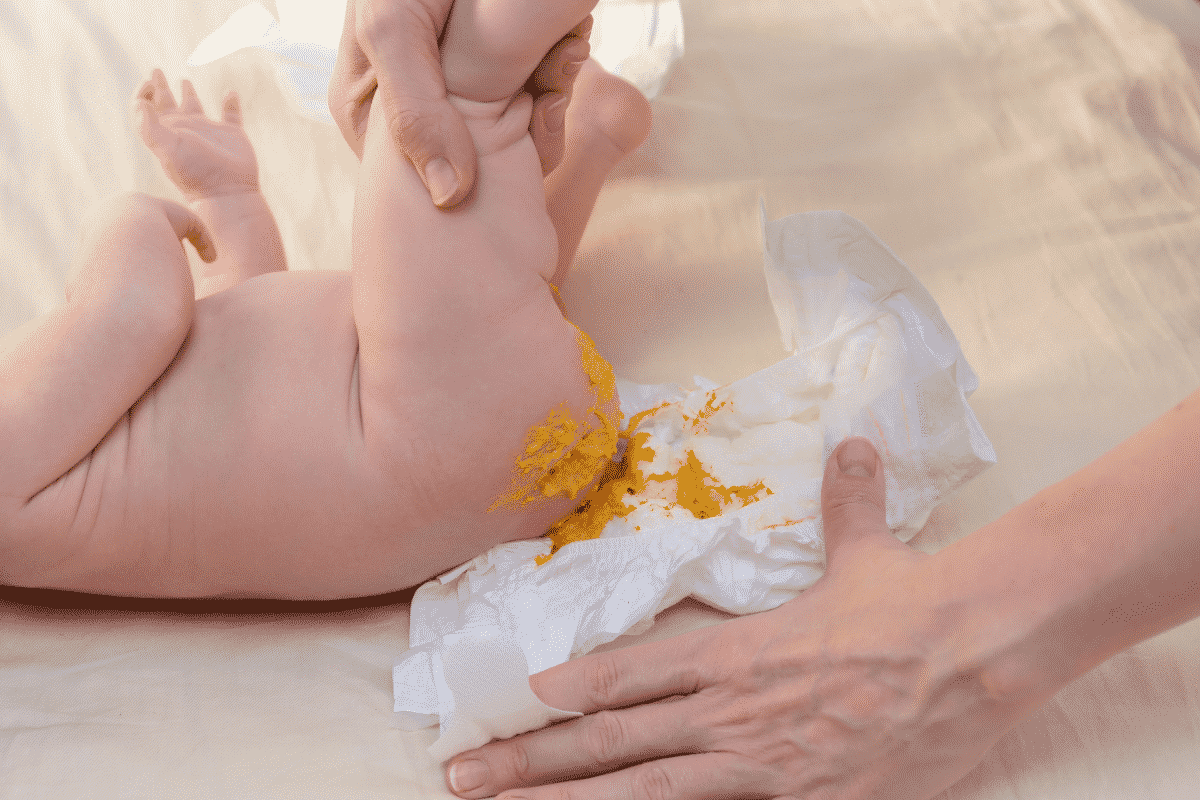
What to do if baby accidentally ate poop
If your baby ate poop, you should do the following:
- Stay calm – Although it may be tempting to freak out and rush to the emergency room, poop usually isn’t poisonous. Your child probably won’t get sick, and if they do, it will likely only be a bit of nausea or diarrhea.
- Clean it up – I’d recommend giving your little one a full bath or shower, just to help reassure both of you that the poop is completely gone. Wipe out your little one’s mouth with a soft, wet cloth. Be as thorough as possible while cleaning your baby’s hands since fecal matter can hide underneath the fingernails.
- Give your baby a drink – If your child is old enough, give them a big glass of water to help wash any of the residual nastiness away. Breastmilk or formula will also work for younger babies.
- Watch for symptoms – If your child does get sick, they’ll likely throw up or develop diarrhea within 24 hours after eating poop. If you notice symptoms, it would be prudent to seek medical help. A doctor can run tests to make sure your little one hasn’t developed any severe illnesses as a result of consuming fecal matter.
If you have any questions or concerns, or if your child’s symptoms seem severe, call poison control at 1-800-222-1222. You can also get online help on their website, poison.org. Even if your child isn’t showing symptoms, there’s no harm in calling to give yourself peace of mind and the operators are used to talking to parents in this kind of situation. They will likely ask you what kind of poop your child ate, how much of it they consumed, and what symptoms they’re experiencing.
Is it normal for babies to eat their own poop?
Even though it’s pretty nasty, it’s also completely normal for babies to sample their poop at least once. Young children will put nearly anything in their mouth as a way to explore and learn about different items.
Kids usually grow out of this stage between 9 and 15 months, although most babies won’t be keen to eat poop after they’ve tried it once. It just doesn’t taste good! But you may be wondering what does it mean when a child eats their poop frequently?
Some babies will keep trying to eat their own poop. This is known as pica, which is an eating disorder that causes children to eat or crave non-food items. There are several possible reasons for pica, although anemia (caused by low iron) is the most common cause.
If your child keeps trying to eat their poop, their doctor can order a blood test to check their iron levels. If anemia isn’t causing your little one’s pica, it may be caused by stress, OCD, or other psychological factors.
To prevent your child from eating their poop and digging their hands in their diaper, always change their diaper right away and keep any dirty diapers out of your little one’s reach.
Baby ate dog poop
Dog poop is commonly more toxic than human fecal matter.
Dogs can be infected with worms or other parasites that can shed eggs in dog feces. In addition, a single gram of dog waste is estimated to contain 23 million coliform bacteria, which can cause cramps, dehydration, diarrhea, intestinal illness, and kidney disorders in humans.
If the poop comes from your dog and you know your pup is up-to-date on worm medications, then there’s less cause to worry.
If you don’t know the source of the dog poop, though, you should keep an eye out for itchiness and redness around the bottom, which might indicate a worm infection in your little one.
Nausea, vomiting, or diarrhea may also indicate illness and should be investigated by a medical professional.
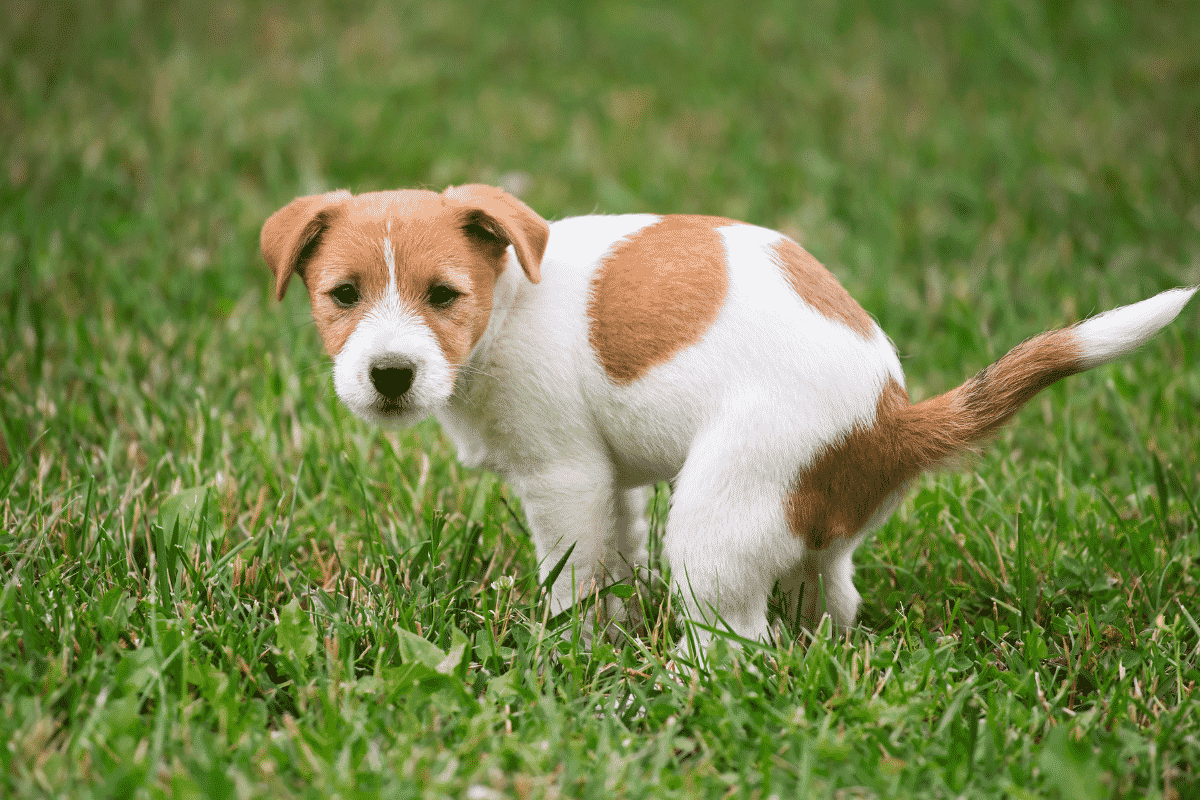
Baby ate cat poop
One of the largest dangers of consuming cat poop is toxoplasmosis, a disease caused by one of the parasites that can live in contaminated cat feces.
While most people who are exposed to toxoplasmosis will never develop symptoms, it can cause flu-like symptoms in vulnerable populations, including young children and pregnant women.
If your baby eats cat poop, clean up your little one and keep an eye out for any symptoms of illness. If symptoms do develop, schedule an appointment with a doctor immediately.
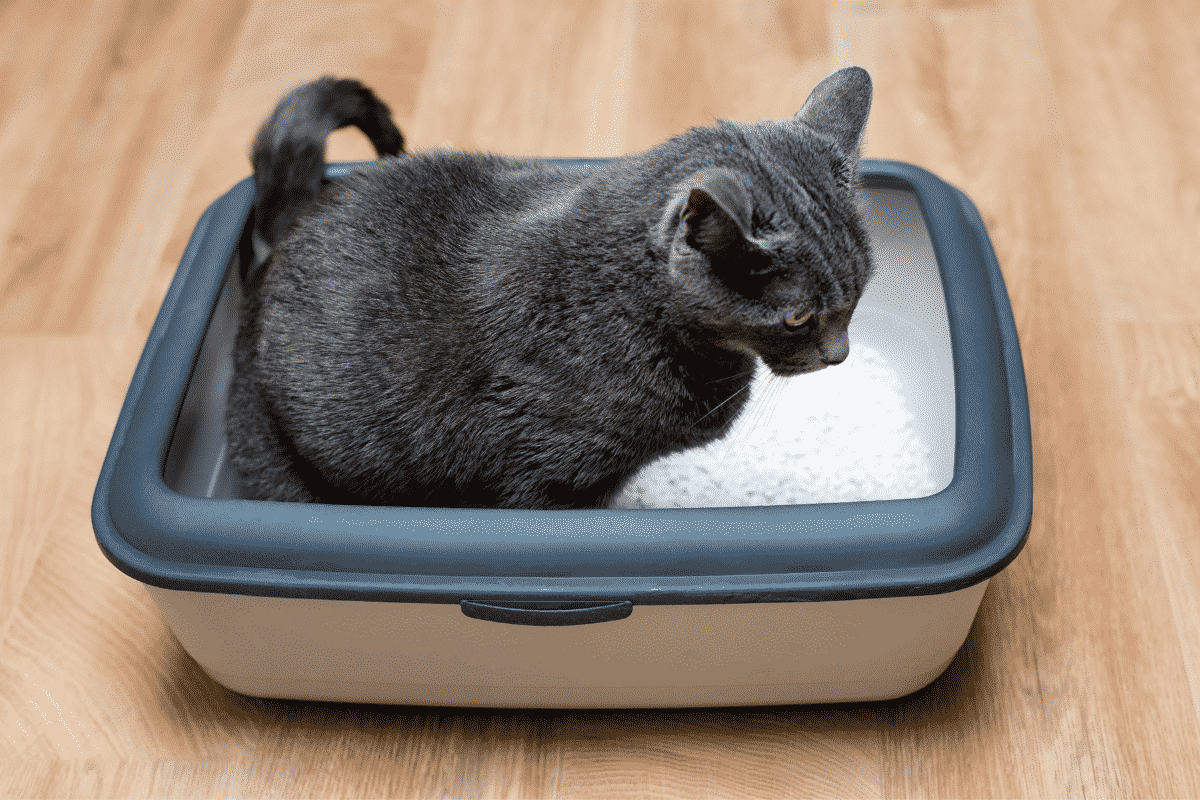
Baby ate bird poop
Behind cat and dog poop, bird droppings are the third most common type of accidentally ingested fecal matter.
Eating bird poop can cause generic vomiting and diarrhea, although one of the most common illnesses caused by bird waste is salmonella, which can also cause diarrhea, fever, and stomach cramps.
If your little one does develop signs of an illness after ingesting bird poop, you should call their doctor. Symptoms of salmonella can last between four to seven days, and if your child is particularly young, they may be at risk for severe dehydration from their illness.
Baby ate mouse poop
Mice are pests, and their fecal matter can be particularly dangerous if consumed.
Mice poop can cause diseases such as hantavirus and salmonella, so if your child eats mouse poop, it’s best to seek medical advice right away. Encouraging your baby to drink extra water can also help minimize the likelihood that your little one will get sick.
While mouse poop can be nasty, it can be even more dangerous for your baby to be bitten by a mouse or other rodent. Rodents can carry infectious diseases, including the bubonic plague (yep, the infamous ‘Black Death’ that decimated Europe during the Middle Ages.)
If you have wild mice in your home, you need to contact a pest control agency to help eliminate the problem. If you have a pet mouse, keep it away from small children.
Is it normal for babies to eat their boogers?
Since babies and toddlers love to put things in their mouth, we know poop isn’t the only unpleasant thing they might eat. It’s pretty common for babies and toddlers to eat their boogers. In most cases, there’s little risk to this nasty habit, although you may want to gently remind your child not to pick their nose (or eat their snot.) Some studies have shown there may be benefits to children eating their boogers, but there’s more evidence that frequent nose-picking can cause problems such as a staph infection in rare cases.

